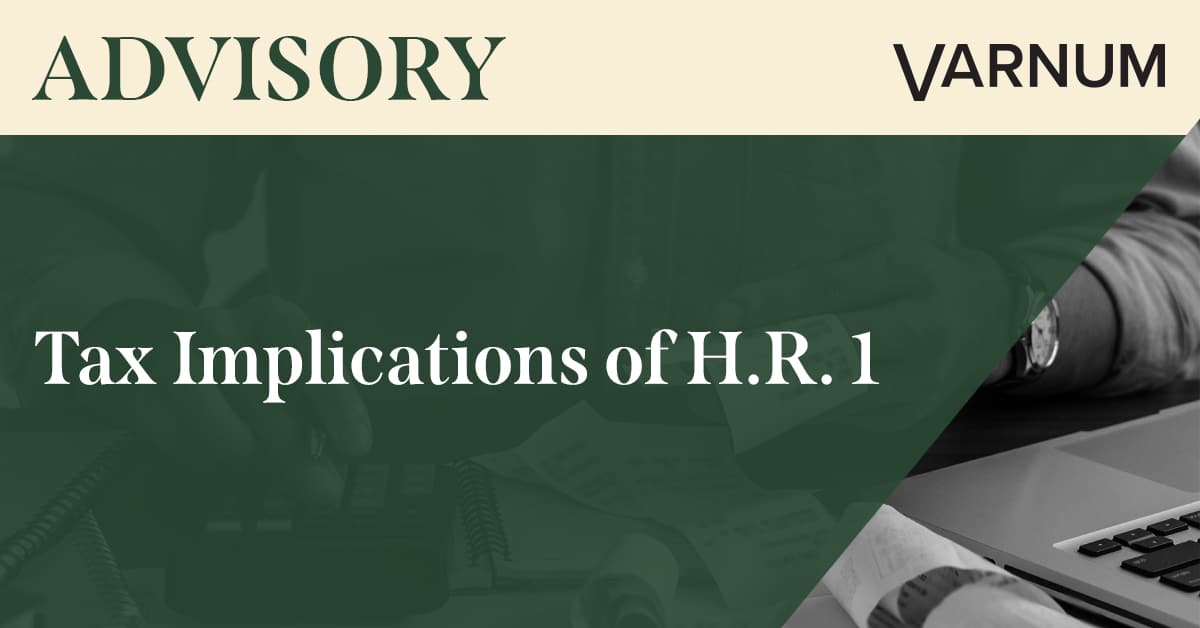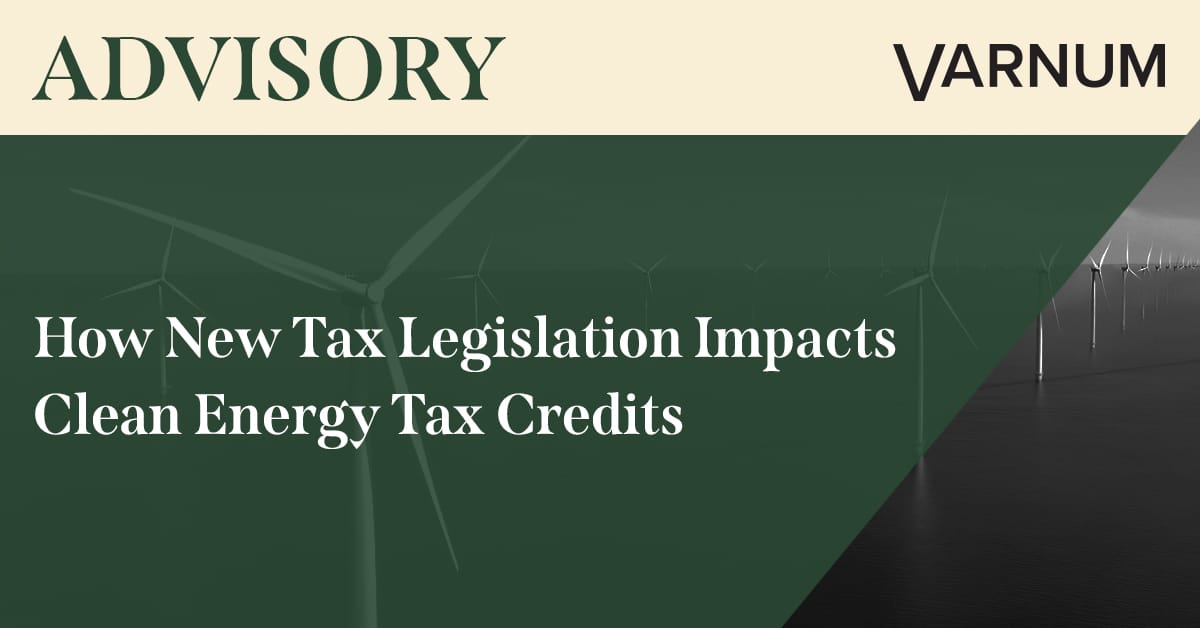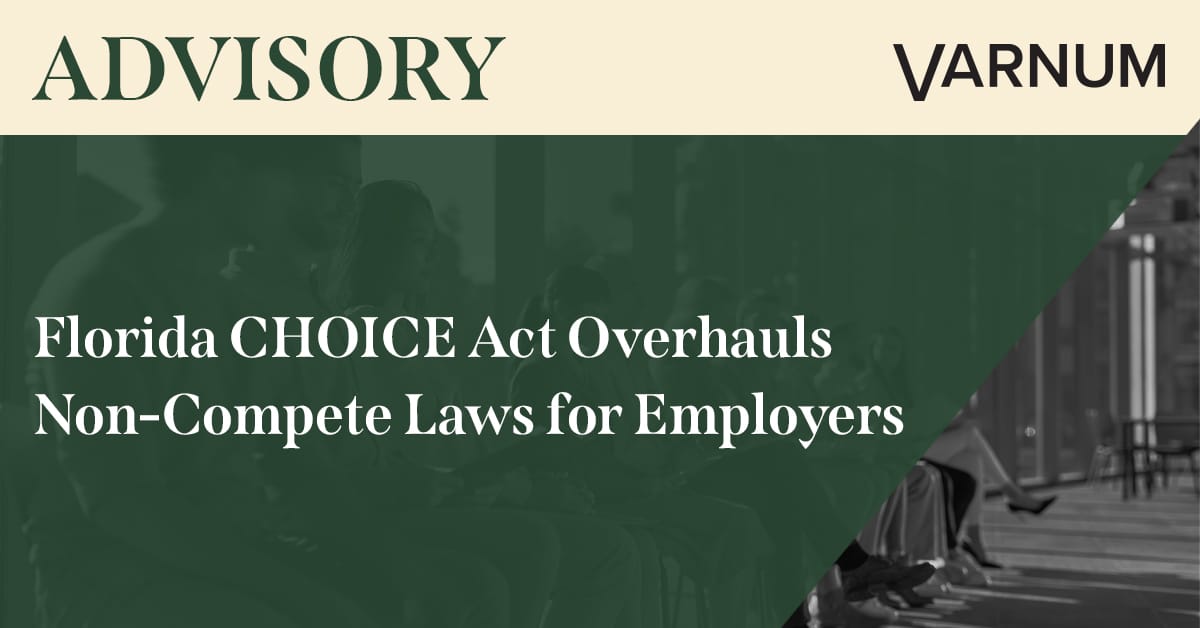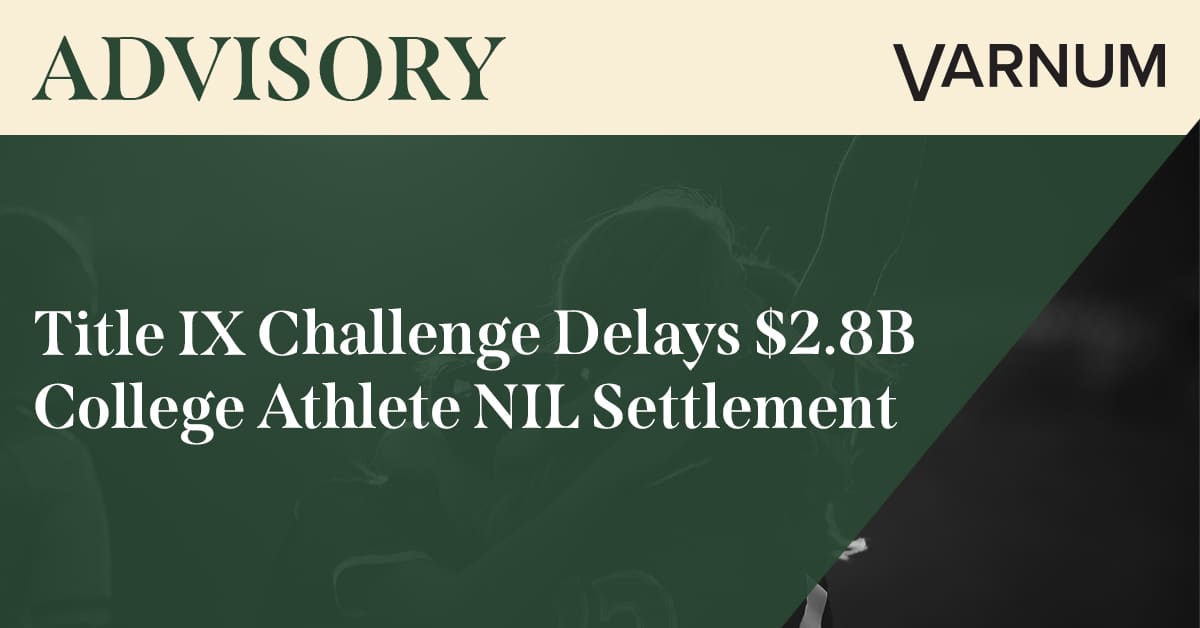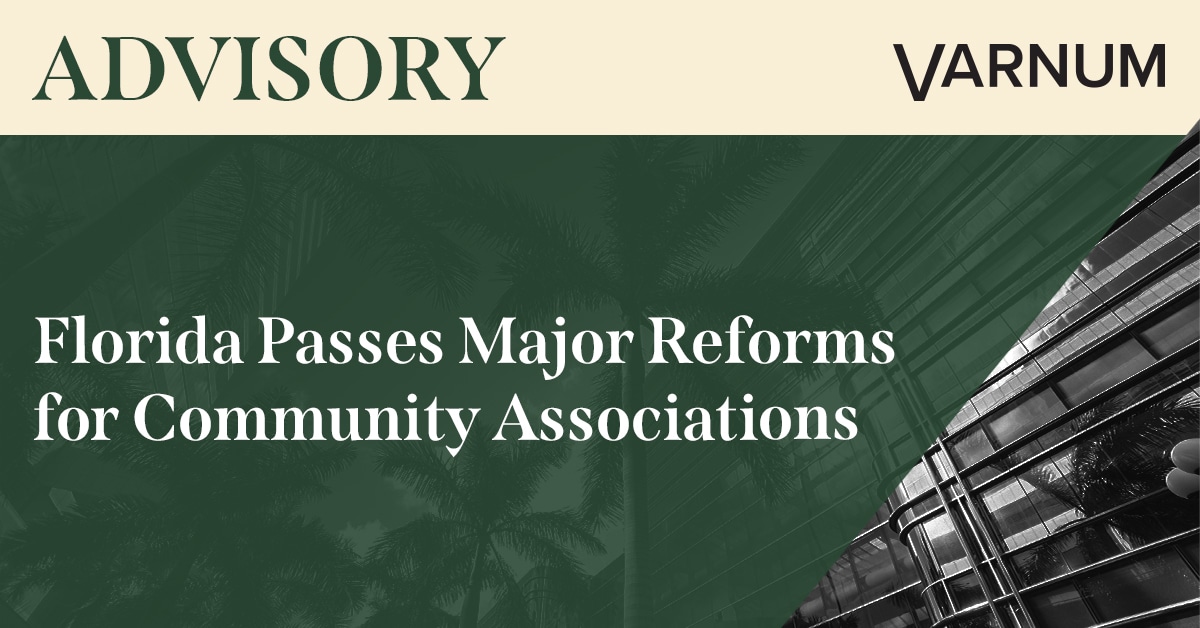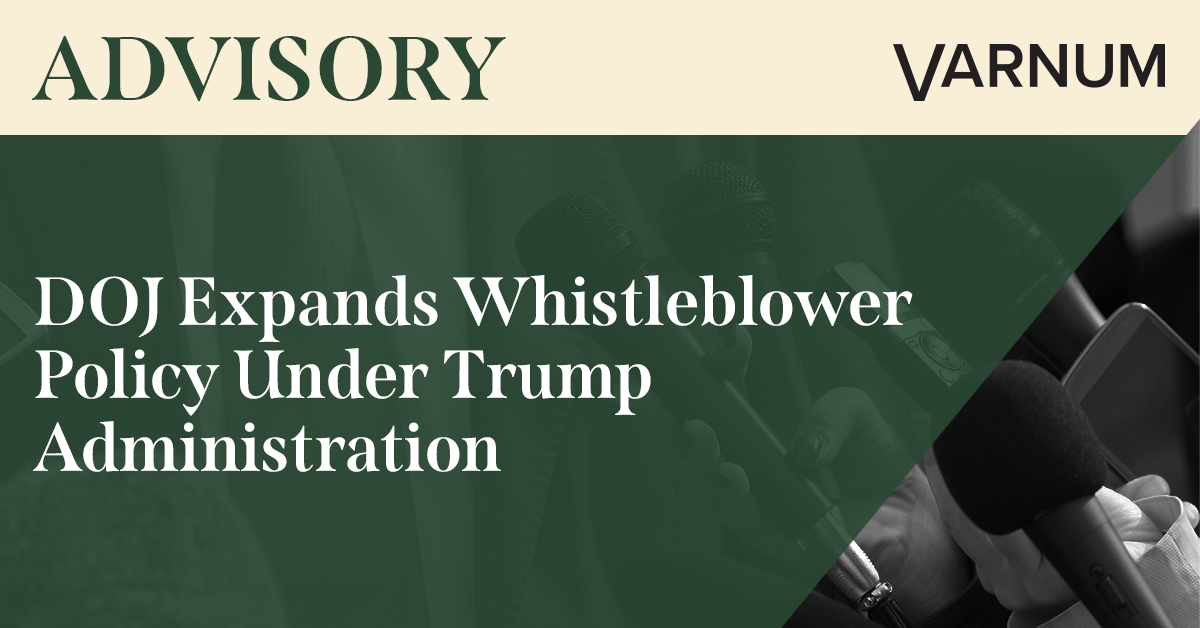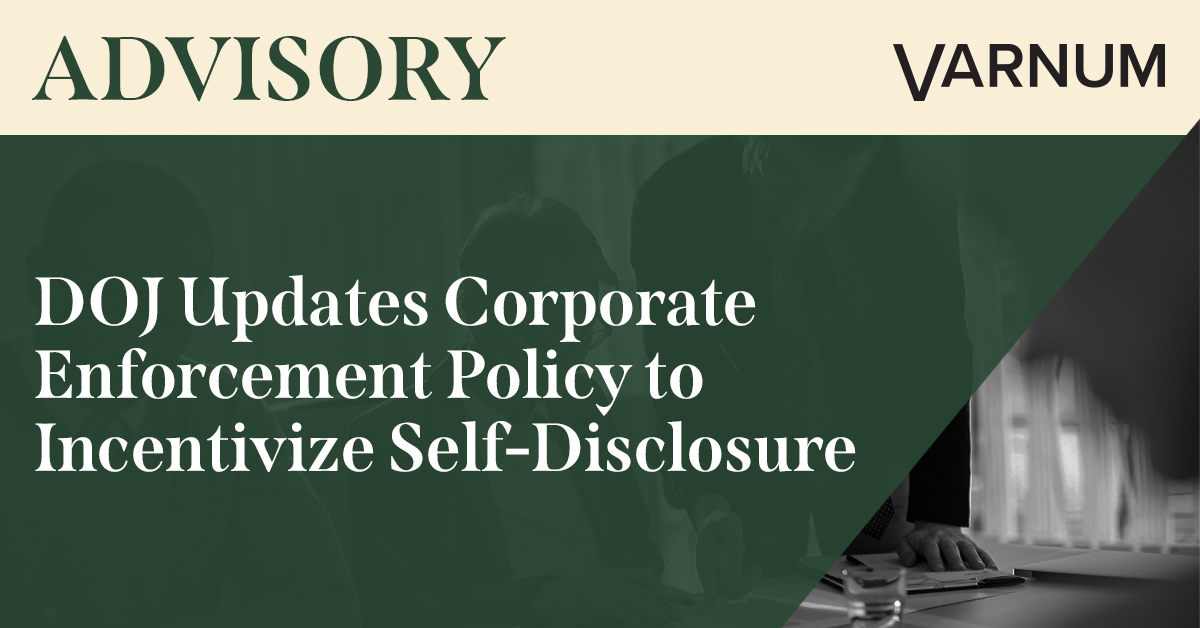H.R. 1 (the Act), formerly known as or nicknamed the “One Big Beautiful Bill Act”, was signed into law on July 4, 2025, and introduces significant tax reforms. It extends several expiring provisions of the Tax Cuts and Jobs Act (TCJA), creates new legislation, and modifies several existing provisions of the U.S. tax code.
Extensions of the Tax Cuts and Jobs Act (TCJA)
- Income Tax Rates: The TCJA personal income tax rates and brackets are now permanent. The seven (7) brackets are 10%, 12%, 22%, 24%, 32%, 35%, and 37%.
- Standard Deduction: The temporary TCJA standard deduction amounts ($15,000 for individual filers, $30,000 for joint filers, and $22,500 for heads of households) are made permanent.
- Personal Exemption Repeal: The TCJA temporarily repealed the personal exemption deduction. The Act makes this repeal permanent.
- Mortgage Interest Deduction: The TCJA mortgage interest deduction limit of $750,000 ($375,000 for single filers) is made permanent. Certain mortgage premiums may be eligible for a tax deduction. There is no longer a deduction for interest on home equity debt.
- Personal Casualty and Theft Loss Deductions: The TCJA repeal of casualty and theft loss deductions is made permanent. An exception for federal disasters remains in place.
- Miscellaneous Itemized Deductions: The TCJA rule of no miscellaneous itemized deductions is made permanent. Deductions subject to the previous 2% floor are permanently eliminated.
- AMT Exemption: The TCJA’s alternative minimum tax (AMT) exemption and exemption amounts ($88,1000 for single filers and $137,000 for joint filers) are permanently extended. Exemption amounts are indexed for inflation. The threshold for phaseout of the exemption is $500,000 for single filers and $1 million for joint filers, indexed for inflation. Phaseout is increased to 50% of the amount by which the taxpayer’s alternative minimum taxable income exceeds the phaseout threshold amount.
- Charitable Deductions: The TCJA expands the tax deduction for charitable donations. Filers who do not itemize can claim a deduction up to $1,000 for single filers and $2,000 for joint filers for specific charitable donations. Filers who itemize are now subject to new carryover rules and a new limit on deductions. Those who itemize can deduct donations only to the extent they exceed 0.5% of the filer’s contribution base. Carryovers are only permitted if this 0.5% threshold is met. Additionally, the 60% contribution limit for cash gifts to qualified charities is made permanent.
- Pease Limitations: Pease limitations are permanently eliminated.
- Section 529 Accounts: Tax-free distributions from section 529 accounts may be used for expenses in connection with enrollment or attendance at an elementary or secondary school, including private schools and religious schools. Tax-free distributions may also be used for qualified higher education expenses.
- Estate, Gift, and Generation-Skipping Transfer Taxes: The Act permanently increases the exemption amounts for these taxes to $15 million for single filers and $30 million for joint filers, indexed for inflation.
State and Local Tax (SALT) Deductions Increase
- The SALT deduction cap temporarily increases to $40,000, with a 1% annual increase through 2029.
- For individuals with a modified adjusted gross income over $500,000, a phase-down applies to the available deduction with a floor of $10,000.
- In 2030, the cap will permanently revert to $10,000 for all filers, regardless of income.
Changes to the Inflation Reduction Act (IRA)
- Several IRA green energy tax credits and individual clean energy credits are repealed.
- For further guidance on the impact of the Act on previous IRA tax credits, please see [link to client advisory on IRA and clean energy tax credits].
Tax Reform for Individuals
- Child Tax Credit: The Child Tax Credit is made permanent. The credit increases to $2,200, subject to a phaseout. The phaseout begins at an income of $200,000 for single filers and $400,000 for joint filers. To qualify for the Child Tax Credit, the child and at least one parent must have a valid Social Security Number.
- Additional Deduction for Seniors: Seniors are eligible to claim a deduction of $6,000, subject to a phaseout (beginning at an income of $75,000 for single filers and $150,000 for joint filers). The deduction is completely phased out at an income of $175,000 for single filers and $350,000 for joint filers. This added deduction is set to expire in 2028.
- No Tax on Tips: Income from tips is temporarily deductible. The deduction is capped at $25,000 of reported tips and is subject to a phaseout. Tips are still reportable and taxable at the state and local level. This deduction is set to expire after 2028.
- No Tax on Overtime: Income earned from overtime pay is temporarily deductible. This new law applies to qualified overtime pay of $12,500 for single filers and $25,000 for joint filers. This deduction is subject to a phaseout for individuals with incomes exceeding $150,000 who file singly and $300,000 for those filing jointly. This provision is set to expire after 2028.
- Deductible Car Loan Interest: For cars assembled in the United States, auto loan interest is deductible through 2028 and is capped at $10,000. The deduction is also subject to phaseouts for single filers with income above $100,000 and joint filers with income above $200,000.
- Trump Accounts: The Act establishes a tax-favored account to benefit children under the age of eighteen. Parents can contribute up to $5,000 per year to the account, adjusted for inflation, and the money may be withdrawn once the beneficiary turns 18. The funds can be used to pay for college, a first-time home purchase, or to start a business. Account withdrawals are taxed at favorable capital gains rates. There are no income limits or applicable phaseouts.
Tax Reform for Businesses
- Qualified Business Income (Sec 199A) Deduction: The Act makes permanent the 20% deduction of qualified business income (QBI) for qualifying business owners of pass-through entities. The deduction limit phase-in is $75,000 for single filers and $150,000 for joint filers. The Act also adds a minimum $400 deduction, indexed for inflation, for taxpayers with $1,000 or more of QBI.
- Qualified Small Business Stock (Section 1202) Exclusion: For qualified small business stock issued after July 4, 2025, the exclusion limitation under section 1202 is now $15 million, indexed for inflation. The following tiered system applies to qualified small business stock issued after July 4, 2025:
- 50% for stock held for at least 3 years
- 75% for stock held for at least 4 years
- 100% for stock held for at least 5 years
- Research and Development (R&D): For domestic R&D expenses, taxpayers may elect to immediately deduct R&D costs in the year incurred or capitalize and amortize costs over the useful life of the research. The Act also allows small businesses and startups to receive refundable credits for R&D.
- Employee Retention Credit (ERC): The IRS can no longer issue refunds for unpaid claims filed after January 31, 2024. The statute of limitations for ERC claims made with respect to the third and fourth quarters of 2021 is extended to six years. The Act also implements additional penalties for ERC mill promoters.
- Section 179 Expensing Provision: The section 179 expensing provision cap is now $2.5 million, indexed for inflation. It is subject to a phaseout beginning at $4 million.
- Additional Changes:
- The excess business loss limitation is now permanent. Depreciation, amortization, and depletion deductions are removed from the adjusted taxable income (ATI) calculation. The 100% bonus depreciation provisions of the TCJA are now permanent. The Qualified Opportunity Zone (QOZ) program is now permanent with some modifications. The low-income housing credit and its eligibility requirements have been reformed, expanding the number of issuable tax credits. The New Markets Tax Credit is permanently extended.
- 25% of interest income from qualified loans secured by rural or agricultural real property is excluded from gross income.
Tax Reforms for Tax-Exempt Organizations
- Executive Compensation Excise Tax: The excise tax under section 4960 now applies to all earners of a nonprofit receiving over $1 million in compensation.
- Excise Tax on Investment Income of Private Colleges and Universities: The Act creates a tiered tax system based on an institution’s “student-adjusted endowment.” The tiered system applies to private institutions that have at least 3,000 tuition-paying students and a student-adjusted endowment of at least $500,000. The rates for applicable institutions are as follows:
- 1.4% for endowments of at least $500,000 but less than $750,000
- 4% for endowments of at least $750,000 but less than $2 million
- 8% for endowments of at least $2 million
Tax Reform for International Tax
- GILTI Deduction: The Global Intangible Low-Taxed Income (GILTI) deduction is made permanent, providing a tax break for offshore profits. This deduction has been renamed as the Net CFC Tested Income (NCTI) deduction. The NCTI deduction percentage is set at 40%. Deductions allocated to NCTI only include the section 250 deduction and directly allocable deductions.
- FDII: The Foreign-derived Intangible Income (FDII) deduction is reduced to 33.34%. The FDII deduction has also been renamed as the Foreign-Derived Deductible Eligible Income (FDDEI) deduction.
- QBAI: The Qualified Business Asset Investment (QBAI) is eliminated for purposes of determining deductions for GILTI and FDII.
- BEAT: Base Erosion and Anti-Abuse Tax (BEAT) is permanently increased from 10% to 10.5%.
- Foreign Tax Credits: The Act increases the deemed paid foreign tax credits (FTC) on net CFC-tested income to 90% and disallows FTC on 10% of associated foreign taxes.
- Section 163(j): The Act permanently reinstates EBITDA as part of the calculation for modified adjusted taxable income (ATI) for business interest limitation. Several international inclusions have been removed from the ATI calculation.
- Section 954(c)(6): The section 954(c)(6) look-through rule for CFCs is permanently extended.
- Additional Changes:
- The Act eliminates the option for a one-month deferral year for a specified foreign corporation. The Act restores section 958(b)(4) and creates a new section 951B for foreign-controlled U.S. shareholders and foreign-controlled foreign corporations.
- The Act modifies the pro rata share rules to require any U.S. shareholder who owns stock during any part of the CFC year to include their pro rata share of subpart F income.
For questions about how these changes may impact you or your business, contact Varnum’s Tax Compliance, Planning, and Litigation Team.
For information on how the Act affects clean energy tax credits, read our advisory: How New Tax Legislation Impacts Clean Energy Tax Credits.
2025 summer associate Isadora Dimovski contributed to this advisory. Isadora is currently a law student at the University of Michigan.
